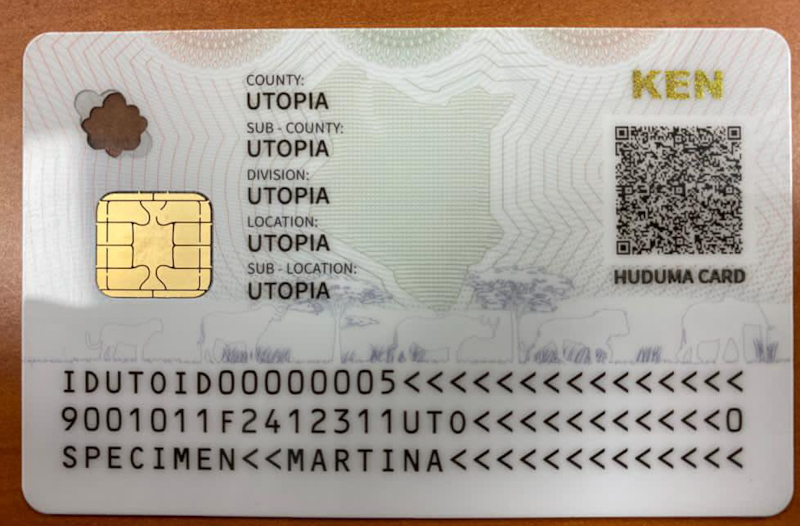The rollout of Kenya’s new digital identity cards, the Maisha Cards, has generated debate, particularly regarding their 10-year expiry date.
On the other hand, civil society organizations (CSOs) have expressed concerns about a potential link between the expiry and manipulation in the 2027 elections.
“What has been christened the Maisha number has an expiry date. IDs are critical in matters to do with voting. We want an explanation. It raises a lot of suspicion, and one can see it is a scheme to rig elections in 2027,” the CSOs expressed during a press conference Sunday.
Understanding the 10-Year Expiry
Julius Bitok, the Principal Secretary of the State Department for Immigration and Citizen Services, said in a statement that the 10-year expiry is standard practice for chip-based IDs in countries like Uganda, Tanzania, and France. Renewal doesn’t require a complete redo; citizens simply need updated photos.
“The State Department for Immigration and Citizen Services attention has been drawn to a statement by the Civil Society questioning the legality and propriety of the new Maisha Card.
“The National Registration Bureau (NRB) has so far issued 972,630 Maisha cards (531,329 new applications and 441,301 duplicates),” read the statement in part.
Beyond expiry, Bitok says when it comes to compliance, they adhere to international best practices and International Civil Aviation Organization (ICAO) standards for identification documents. In addition to enhanced security, users can create a digital version of their ID, and the system facilitates a central national register, streamlining personal registration records.
“Holders will need to renew their National ID cards every ten years. This is a standard practice in countries such as Uganda, Tanzania, Nigeria, Senegal, and France, among others, that have implemented an ID with a microchip,” stated Bitok.
STATUS UPDATE ‼️
Issuance of National Identity Cards pic.twitter.com/H0wIIh72bd— Citizen Services KE (@C_ServicesKE) July 22, 2024
Enhanced Security Features of the Maisha Card
The cards are linked to a unique personal number called Maisha Namba, which will be the official name for the unique personal identifier (UPI) that will be assigned to each individual from birth to death.
The Maisha Namba is linked to the person’s biometric and demographic data which serves as the primary identifier for all purposes.
However, according to Nubian Rights, a human rights organization that advocates for the rights of the Nubian ethnic minority in Kenya:
“Replicating past mistakes (Huduma Namba) will almost certainly occur. While we acknowledge the government’s commitment to issue Maisha cards nationwide, we also seek redress for the lack of administrative hurdles that have denied people access to identification for so long.”
The rollout of Kenya’s new digital identity cards, the Maisha Cards, aligns with the National Digital Master Plan for 2022-2032. It encompasses twenty key programs that aim to achieve improved local connectivity, transforming government records into digital formats.
In addition, it aims to streamline government operations through automation of all systems and enabling interoperable services.
The Maisha Cards directly contribute to the NDMP’s goals by:
- Facilitating Digital Identity: Providing a secure and standardized digital identification system for citizens.
- Enhancing Service Delivery: Streamlining access to government services through digital verification.
- Data Management Efficiency: Contributing to a central and well-managed national data infrastructure.
President William Ruto launched the Maisha Card digital ID and its supporting infrastructure in November 2023.




